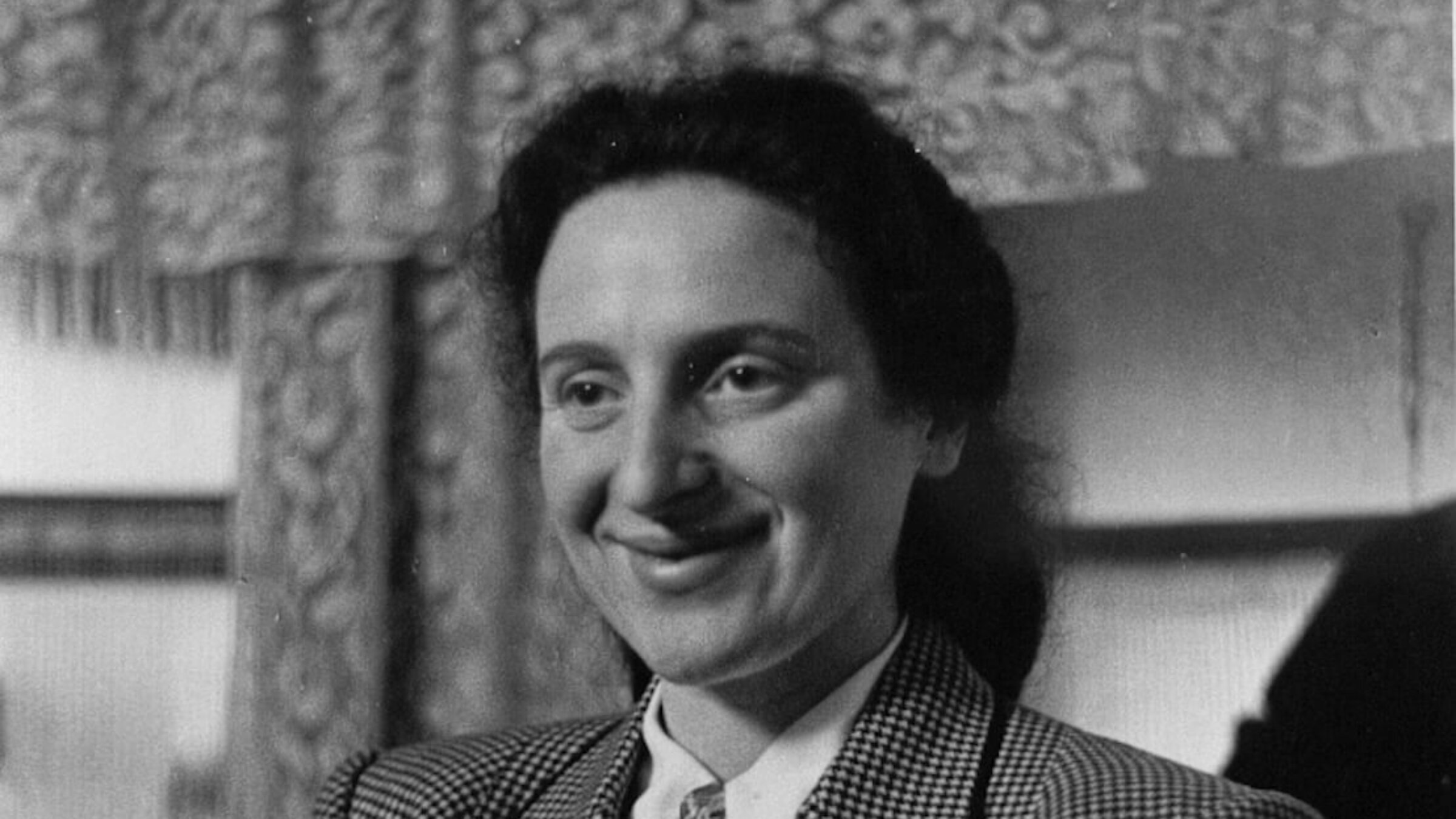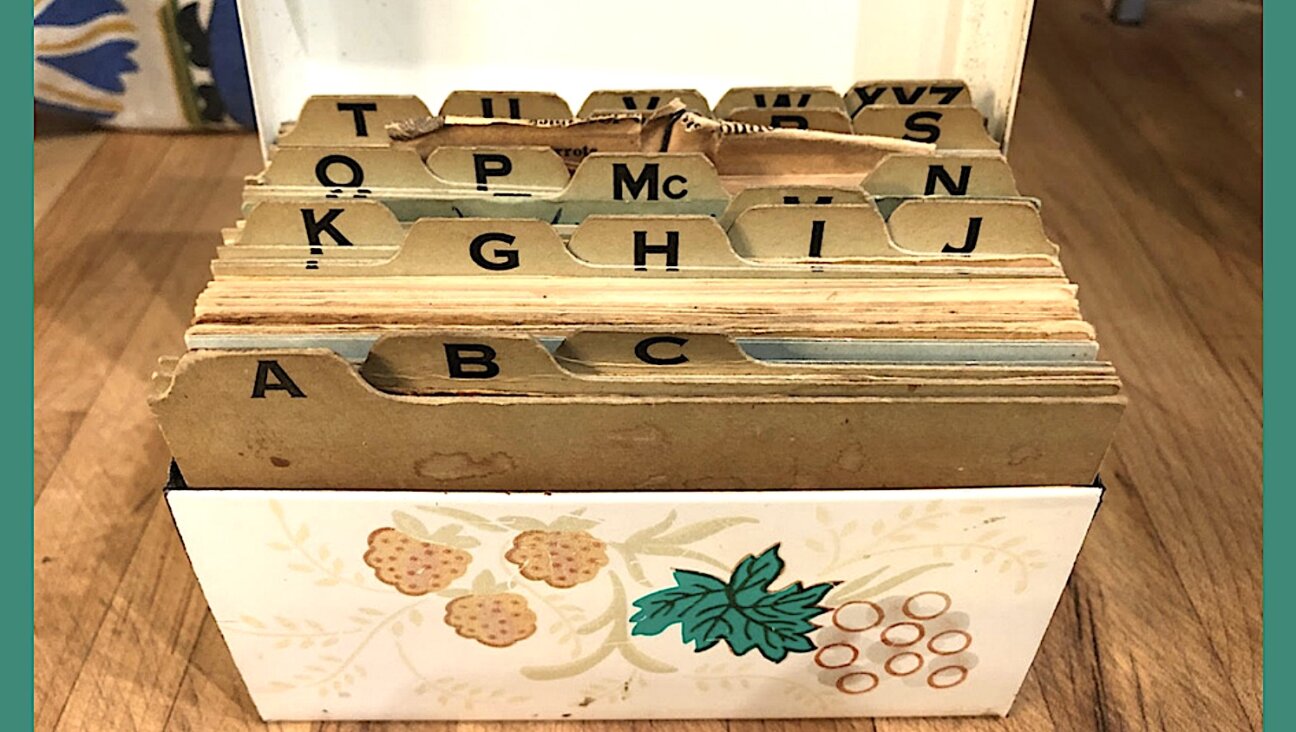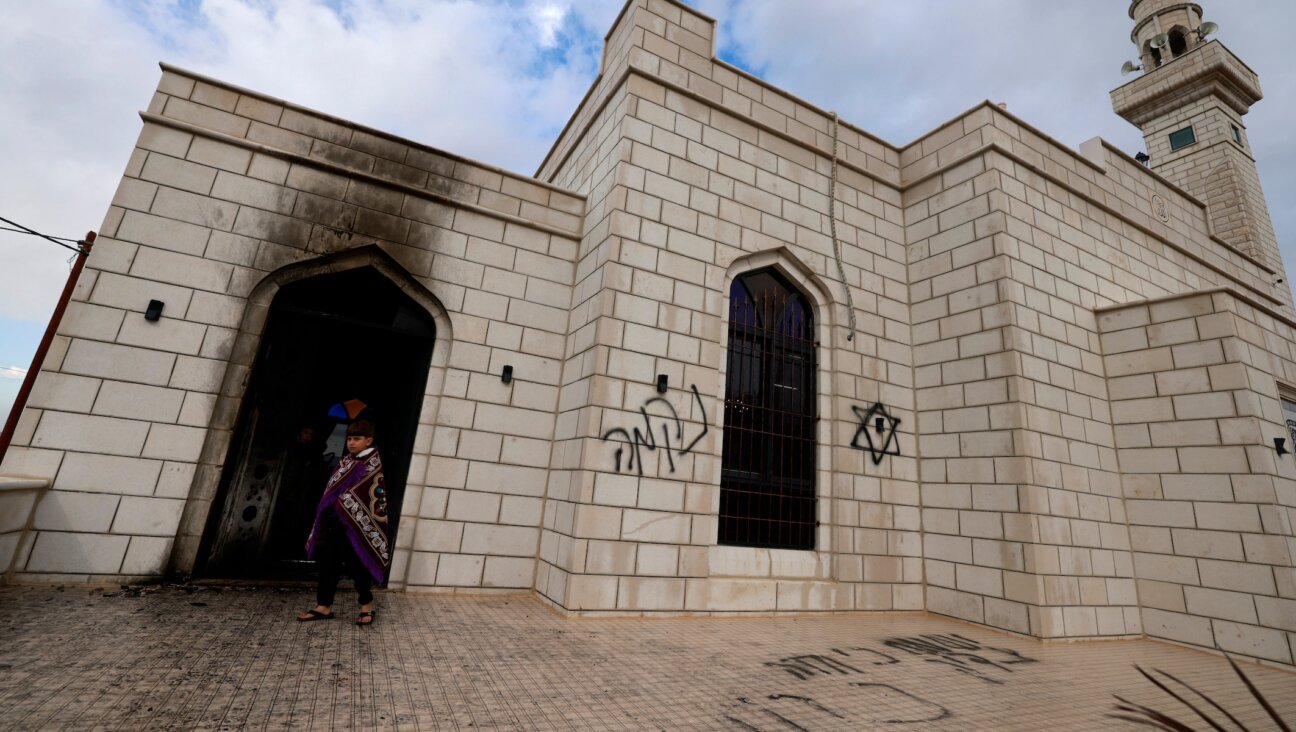Call for papers for Polish conference honoring Yiddish writer Chava Rosenfarb
The City Council of Lodz has unanimously voted to make 2023, Rosenfarb’s centenary, to be The Year of Chava Rosenfarb.

Chava Rosenfarb in London, 1949 Courtesy of Goldie Morgenthaler
As a way of marking 100 years since the birth of the great Yiddish novelist and poet Chava Rosenfarb (1923-2011), the Polish city of Łódź — the city of her birth — has declared 2023 The Year of Chava Rosenfarb.
Rosenfarb was the recipient of numerous international literary prizes for her novels, mostly about the Holocaust, including the Itzik Manger Prize, Israel’s highest award for Yiddish literature, the Canadian Jewish Book Award and the John Glassco Prize for Literary Translation.
Rosenfarb was one of the few Holocaust survivors who transformed their experiences into works of fiction rather than memoirs. Her best known work, Der boym fun lebn (The Tree of Life), is about ten Jews from Łódź, and how they fared in the Nazi-run Łódź ghetto.
As part of the civic celebration of Rosenfarb, the philology department of the University of Łódź is organizing an international conference from Oct. 18 — Oct. 20 called “Chava Rosenfarb and Jewish Female Writers of the 20th Century.” The event will take place at the university itself.
Organizers are calling for papers about Rosenfarb and other 20th-century Jewish women writers in any language and from any city in the world. Possible topics include writings on social and political issues; cultural (religious, moral, artistic or literary) traditions; anti-Semitism, and Holocaust experiences, such as life in the ghetto, in hiding or in a concentration camp (in fiction and/or egodocuments).
Conference participants are encouraged to submit abstracts of up to 2,500 words and a short bio to [email protected]. The abstracts are due by February 15.
A message from our Publisher & CEO Rachel Fishman Feddersen

I hope you appreciated this article. Before you go, I’d like to ask you to please support the Forward’s award-winning, nonprofit journalism during this critical time.
At a time when other newsrooms are closing or cutting back, the Forward has removed its paywall and invested additional resources to report on the ground from Israel and around the U.S. on the impact of the war, rising antisemitism and polarized discourse.
Readers like you make it all possible. Support our work by becoming a Forward Member and connect with our journalism and your community.
— Rachel Fishman Feddersen, Publisher and CEO
























